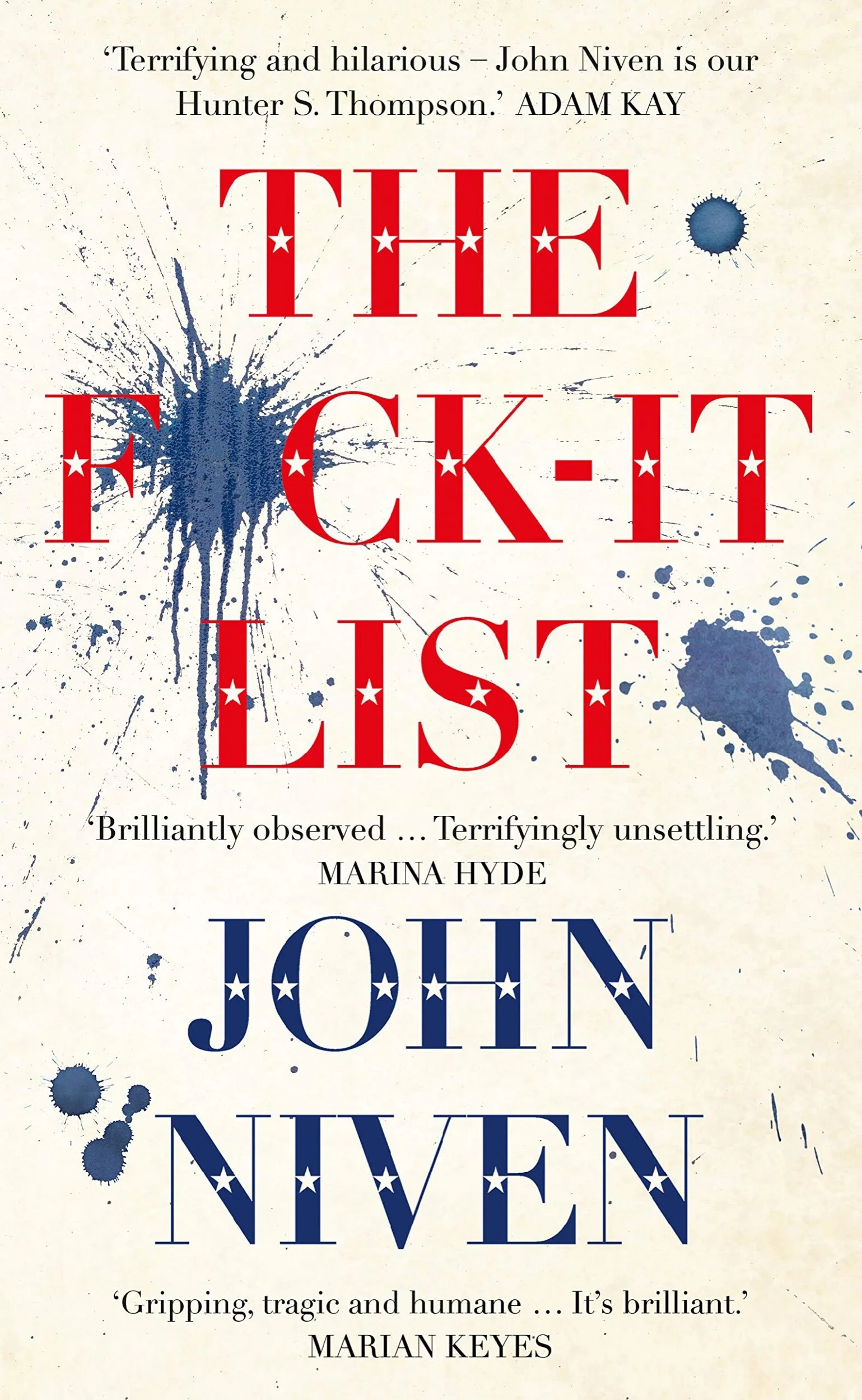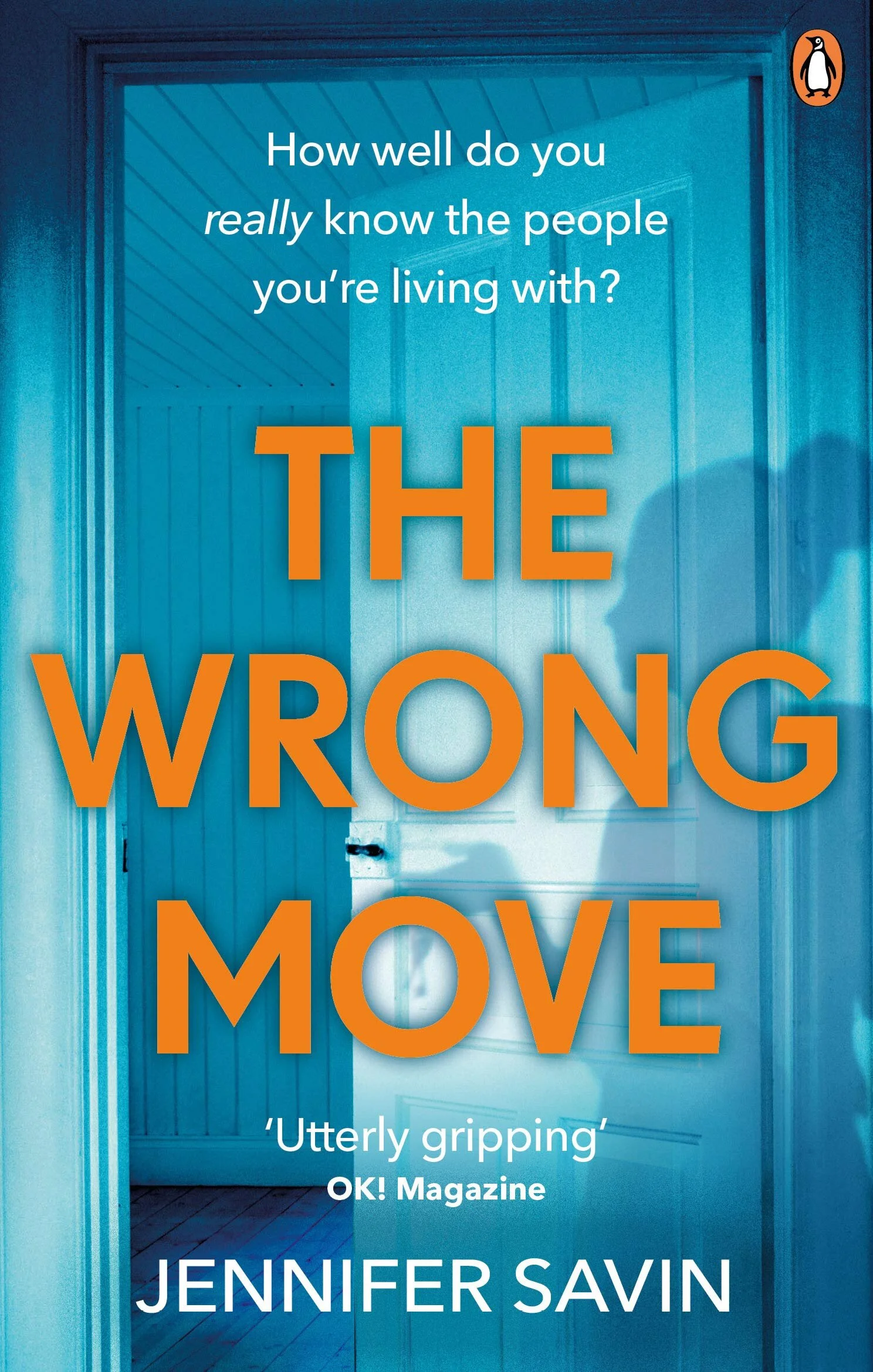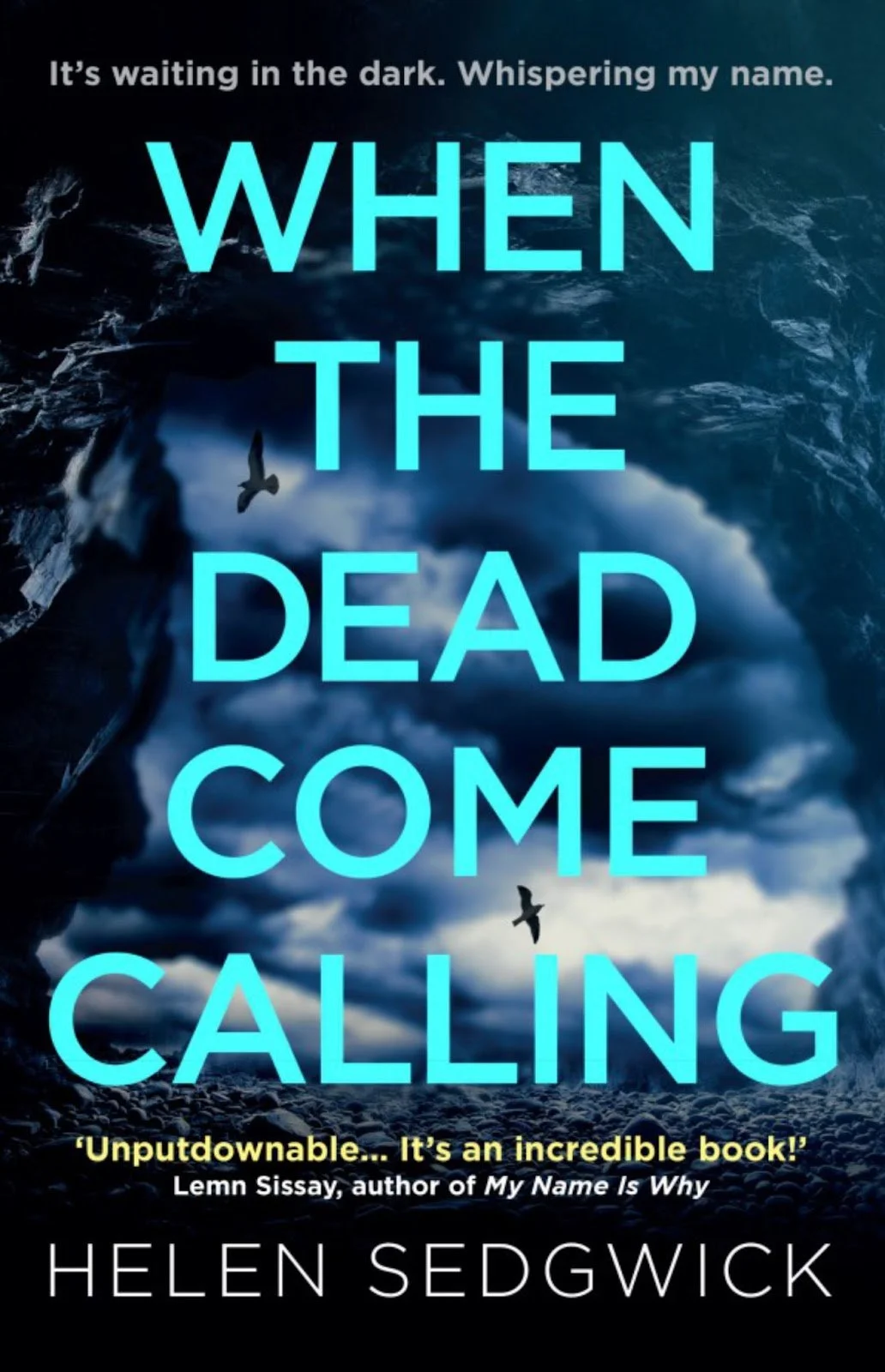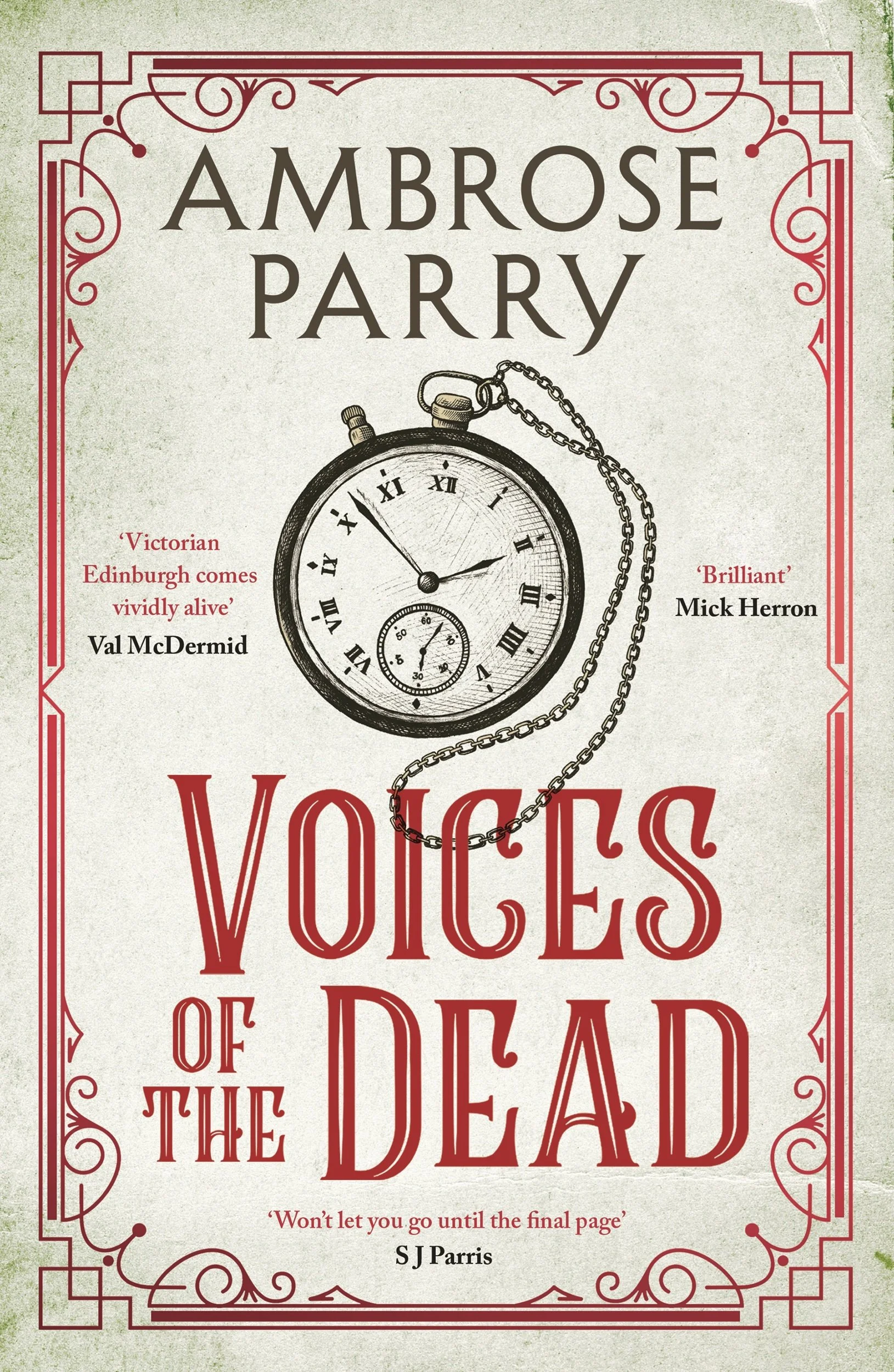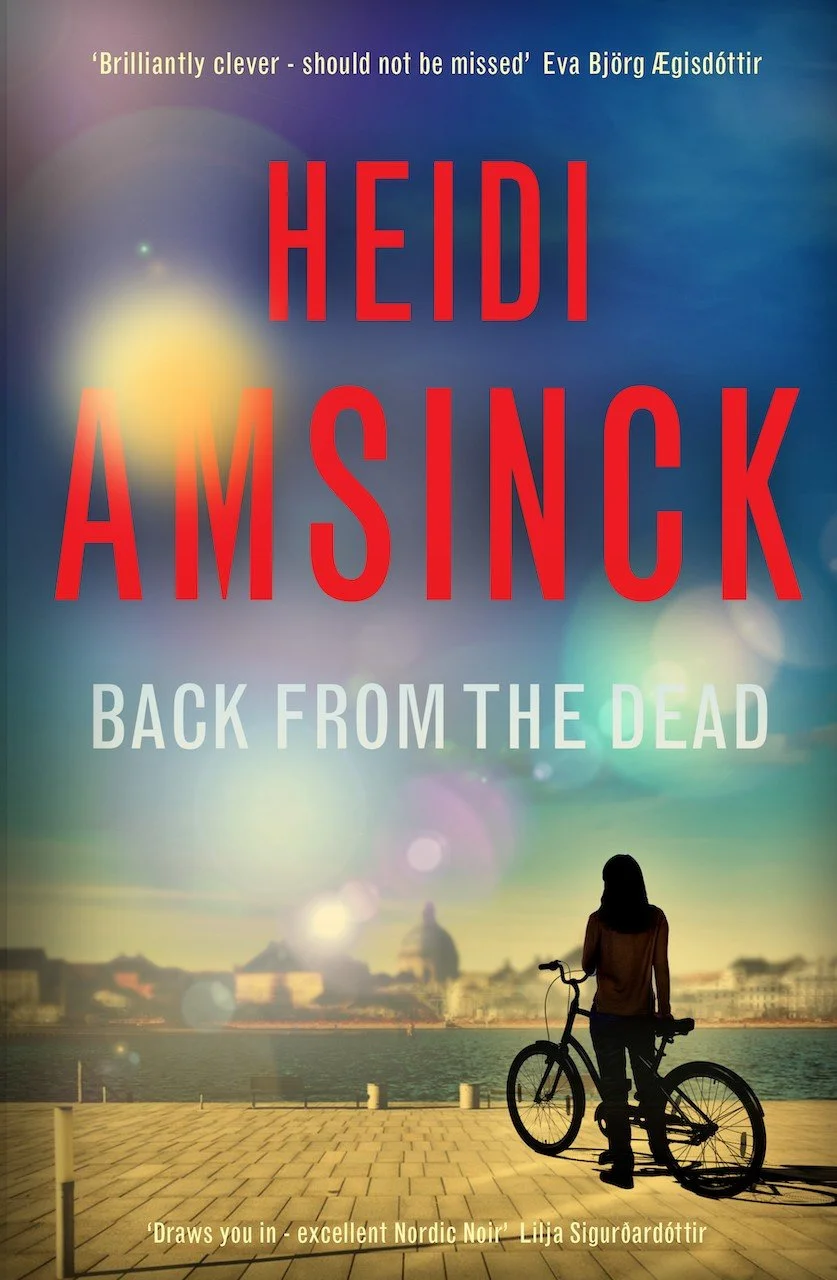This is the story of one remarkable young woman's unimaginable journey through the rise of the Nazi regime, the Second World War, and the aftermath. Mania Lichtenstein’s dramatic story of survival is narrated by her granddaughter and her memories are interwoven with beautiful passages of poetry and personal reflection. Holocaust survivor Mania Lichtenstein used writing as a medium to deal with the traumatic effects of the war.
Many Jews did not die in concentration camps, but were murdered in their lifelong communities, slaughtered by mass killing units, and then buried in pits. As a young girl, Mania witnessed the horrors while doing everything within her power to subsist. She lived in Włodzimierz, north of Lvov (Ukraine), was interned for three years in the labor camp nearby, managed to escape and hid in the forests until the end of the war.
Although she was the sole survivor of her family, Mania went on to rebuild a new life in the United States, with a new language and new customs, always carrying with her the losses of her family and her memories.
Seventy-five years after liberation, we are still witnessing acts of cruelty born out of hatred and discrimination. Living among the Dead reminds us of the beautiful communities that existed before WWII, the lives lost and those that lived on, and the importance to never forget these stories so that history does not repeat itself.
Adena Bernstein Astrowsky has dedicated her career to helping the most vulnerable of our society. She did this by prosecuting child sexual abuse cases and domestic violence cases within the Maricopa County Attorney’s Office. She became the local expert concerning the prosecution of domestic violence related strangulation cases and taught extensively on that subject. Currently, she handles post-conviction cases on appeal and foreign extradition cases. Adena taught Sunday School at her temple for eight years, and in her last two years she co-taught "Character Development Through the Studies of the Holocaust." Adena contributes articles to MASK (Mothers Awareness on School-age Kids) Magazine, often writing about children's safety, drugs, law and order, etc. Once a month Adenavolunteers at a local Scottsdale library with her therapy dog, Charlie, as part of the Tail Waggin' Tales Program. Adena has also chaired events to raise money for the Emily Center of Phoenix Children’s Hospital. Recently, Adena was recognized for her professional and philanthropic work with an Amazing Woman Award from the Phoenix Suns and National Bank of Arizona. Adena’s greatest role, however, is as the mother of three very active children. She, and her husband, Brad, are kept very busy with their respective dance, theater, music, and athletic activities.
Review
This is an uplifting but harrowing tale of one woman’s survival and experience of the Holocaust. Books like this are important. They let people know that events in history are real, they need to be learnt about and never forgotten. Especially now as there are less survivors around to personally tell their story.
‘Living Among The Dead’ plays to one of my favourite subjects - oral history! I also spent many days talking to my Gran towards the end of her life trying to record her life’s history. Of course this didn’t involve such an emotive subject but it still brought me closer to my family history as a result. I can certainly understand Adena’s need to be the gatekeeper of the family history. I have also spent many hours reading about people’s experiences during the war and the terror which the holocaust brought to the Jewish population of Europe. As a history student it was always the social history I was more interested in and this book totally falls into this category.
Unless we encourage people to read books like this we as a society do not learn. You can see history starting to repeat itself time and time again. How many people know that the first country to instigate concentration camps was in fact the UK during the Boer War? The Balkan Wars? To many being told of events and dates don’t have an impact, it doesn’t matter to them. But how many people could read this book and not be haunted by the thought of being crammed into an attic for 15 days or having to be in that shed knowing that people were out there literally hunting you down to kill you. It should be books like this that children use to learn about the holocaust and I feel privileged to have read about Adena’s Bubbie.
Q&A
Why did you write the book?
As a means of coping with the trauma of the Holocaust, my grandmother wrote. She wrote about meaningful things to her such as her childhood, her family, her garden, etc. Over the years she would send me her writings and I found that as time went by I had them stored in all different places of my home. So, initially my goal was to gather all of my grandmother’s writings and copy them into a bound packet so that my children would have them all in one place. Then I decided the writings would make better sense if they were imbedded within the context of whatever she wrote about so I began doing some of my own research, including listening to her interview for the Shoah Foundation multiple times, and interviewing her. As others learned of what I was doing, I began getting requests for copies. At the same time, I spent a lot more time learning the historical context that surrounded her writings and decided to also offer my third-generation survivor perspective as I thought it was equally important to help combat current forms of hate and genocide occurring all over the world. If we don’t begin addressing the roots of hatred, there is no way to ensure another holocaust won’t occur in the future.
Did you think it difficult to write about your family's hardship?
It was extremely difficult to write about my grandmother’s hardship because fleshing out the details caused my grandmother to relive the trauma. As the sole survivor of her family, she was all alone during the majority of the Holocaust and when the war was over. It was helpful to me that she was interviewed in the late 1990s by Steven Spielberg’s project, the Shoah Foundation, as I was able to learn many of the details through her videotaped interview, but still, asking my grandmother to recount countless details many times over caused her obvious pain which in turn caused me to feel badly.
Another interesting thing occurred during the writing of my book: I was put in touch with a childhood friend of my grandmother’s. This connection came through a contact I was working with at Yad Vashem. I was able to communicate with my grandmother’s childhood friend through a college friend of mine who spoke Hebrew and was living in Israel at the time. This woman grew up in the same hometown as my grandmother and they were very close in age. Additionally, they lived together in the first ghetto before being separated. She shared with me some beautiful and unknown stories about my grandmother that my grandmother never told anyone. I can only assume that my grandmother had a reason for not sharing certain things and although I knew many would find the stories interesting, I decided not to include some of them in the book.
Now that only a few survivors are alive, do you think this type of book will becoming a new genre?
As fewer survivors remain alive, any new “Holocaust Memoirs” will decrease. We will likely start seeing anew genre of books like mine, written by descendants, and based on the information they were able to glean from the survivors during their lifetime, their own research, and their own personal perspective.
What is your main message with this book?
Seventy-five years after liberation, we are still witnessing acts of cruelty born out of hatred and discrimination. My message in Living among the Dead is to remind people of the beautiful communities that existed before WWII, the lives lost and those that lived on, and the importance to never forget these stories so that history does not repeat itself.
What do you think about the general knowledge about the Holocaust?
Like most members of my generation, born three decades after the end of World War II, I came to my own story with almost no real understanding of the plight of Jews in the Holocaust, much less that of my own grandmother. With no real, personal connection to the Holocaust, I think it is unrealistic to expect others to have much more than a brief, general understanding of the Holocaust. Unfortunately, as time goes on, this will be even less so. I am very grateful that in my home state of Arizona, legislation is currently being considered to make Holocaust education mandatory. The Holocaust Education bill has passed in the House of Representatives and then will need to be voted on in the Senate before being sent to our state’s Governor to sign it into law. Should this get accomplished, children will be required to learn about the Holocaust as part of the school’s curriculum.
-----
A new genre of books? By Adena Bernstein Astrowsky
Writing biography as a memoir will become a new genre of books that will be both unique and important for future generations. With the passing of time, and fewer Survivors living, we will have less and less memoirs dedicated to detailing their stories of survival in the first person. As such, we will become more dependent on others to write these non-fiction books outlining the events that took place during the Holocaust. Likely, more second and third generation survivors will need to take over the task of learning the Survivor’s history, doing the research, and writing their story. Doing so will be imperative in order to keep their stories alive and help future generations by learning what is at stake if we don’t stand up against discrimination.
In a nutshell, my grandmother’s story is about a 17-year-old girl who was living in a beautiful community surrounded by friends and close family. As the Nazi regime gained power and Jews were targeted her entire life changed in an instant. She went from being shy and the youngest in her family to being an orphan, alone,and having to fend for herself. Miraculously, she was able to survive three pogroms and escape to the forest where she met some others in hiding. From there she was liberated and eventually emigrated to Canada with her husband, another Survivor she met in the forest, and their young girl. From Canada she moved to the United States and before she passed away, her family totaled 2 daughters, 5 grand-daughters, and 9 great-grandchildren. She left behind beautiful passages of poetry and prose written about her life in Europe, the Holocaust, and her feelings.
Hatred and bigotry led to the worst genocide in world history. While there are so many lessons to be learned from the Holocaust, and while we would expect to see more empathy and understanding today, instead, hatred and violence are on the rise. Jews are being targeted and anti-semitism is as real today as it was during WWII. As we get further and further removed from the Holocaust, trying to apply the lessons of the past when facing the issues of today has become a real challenge. We must keep these stories alive as they provide detailed information, a chance for a young reader to connect personally, with the story of a Survivor. We need a constant reminder of what unchecked hatred can lead to. And that’s why testimonials and stories such as my grandmother’s are so important today. They speak of hope, resilience, love, and determination.



